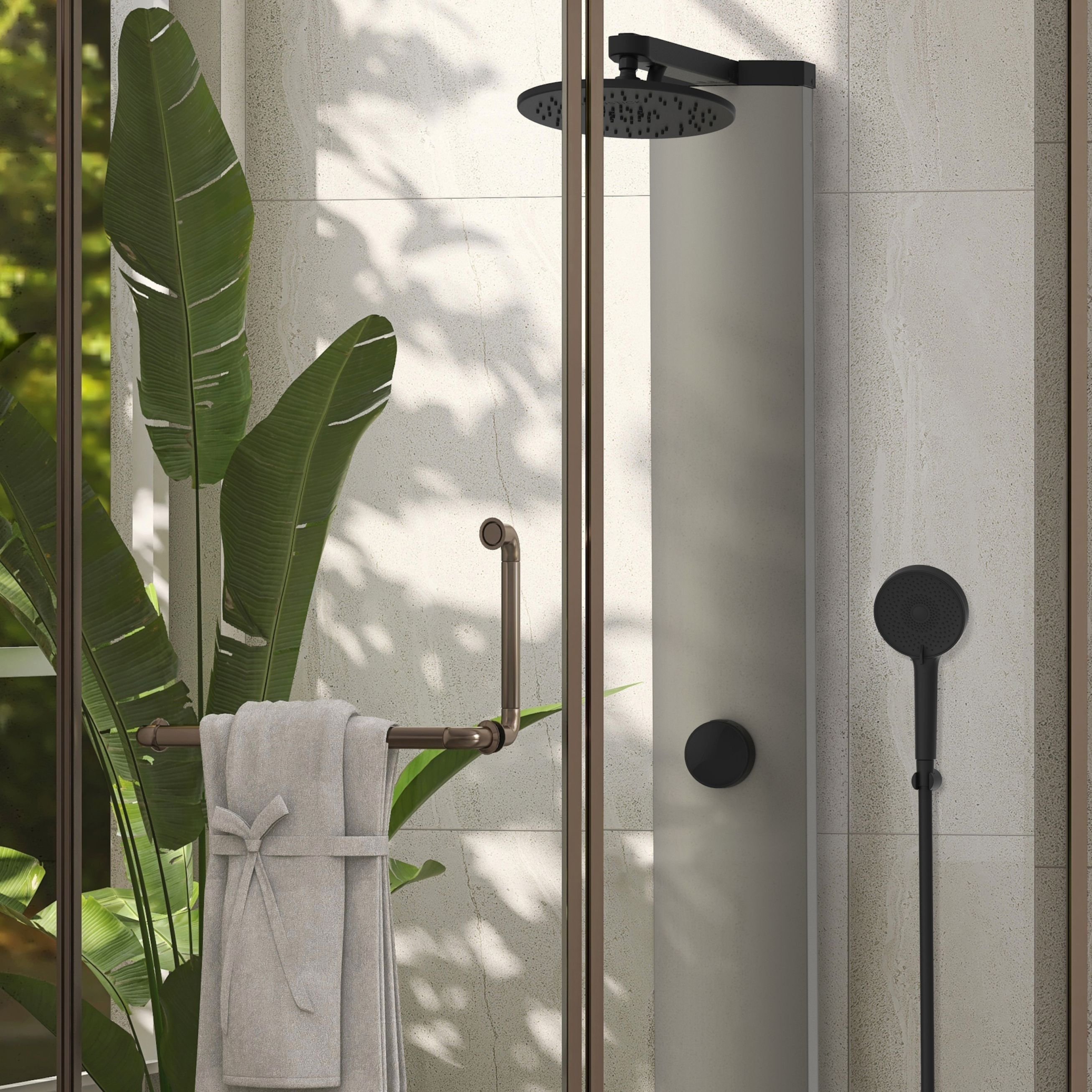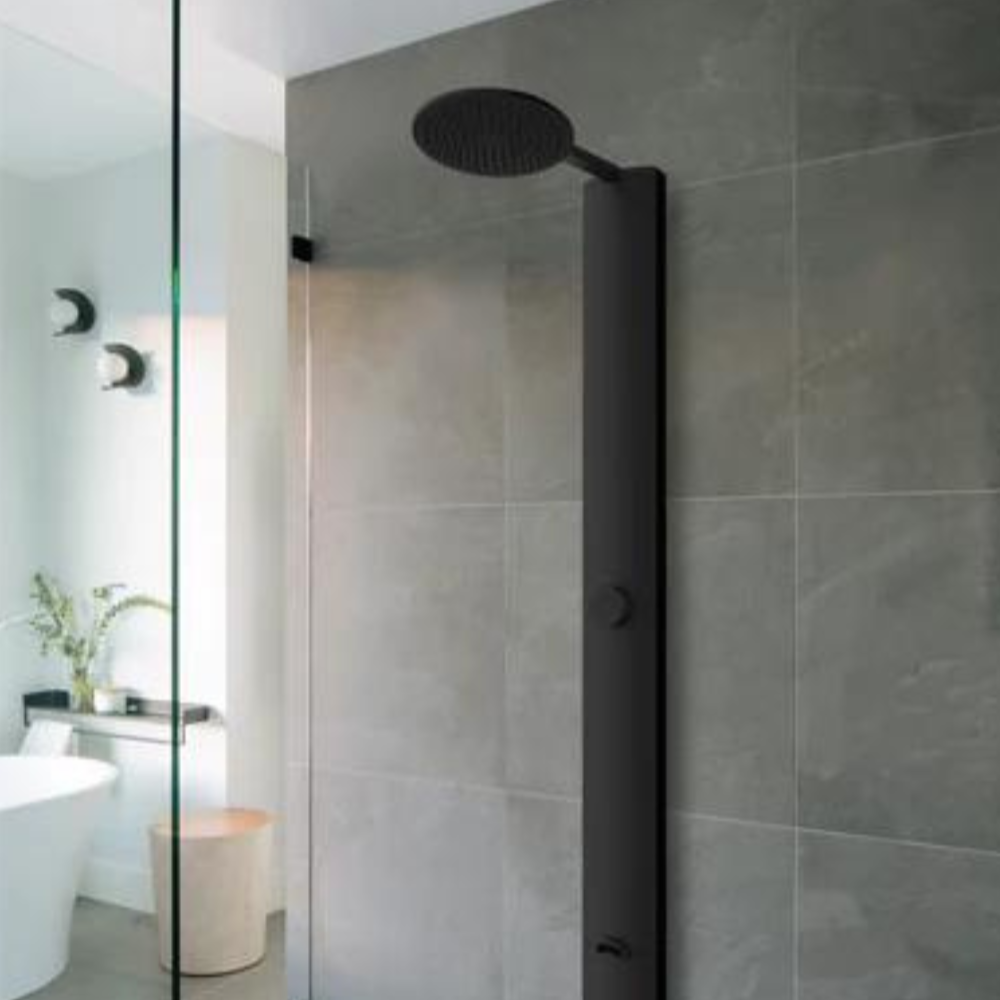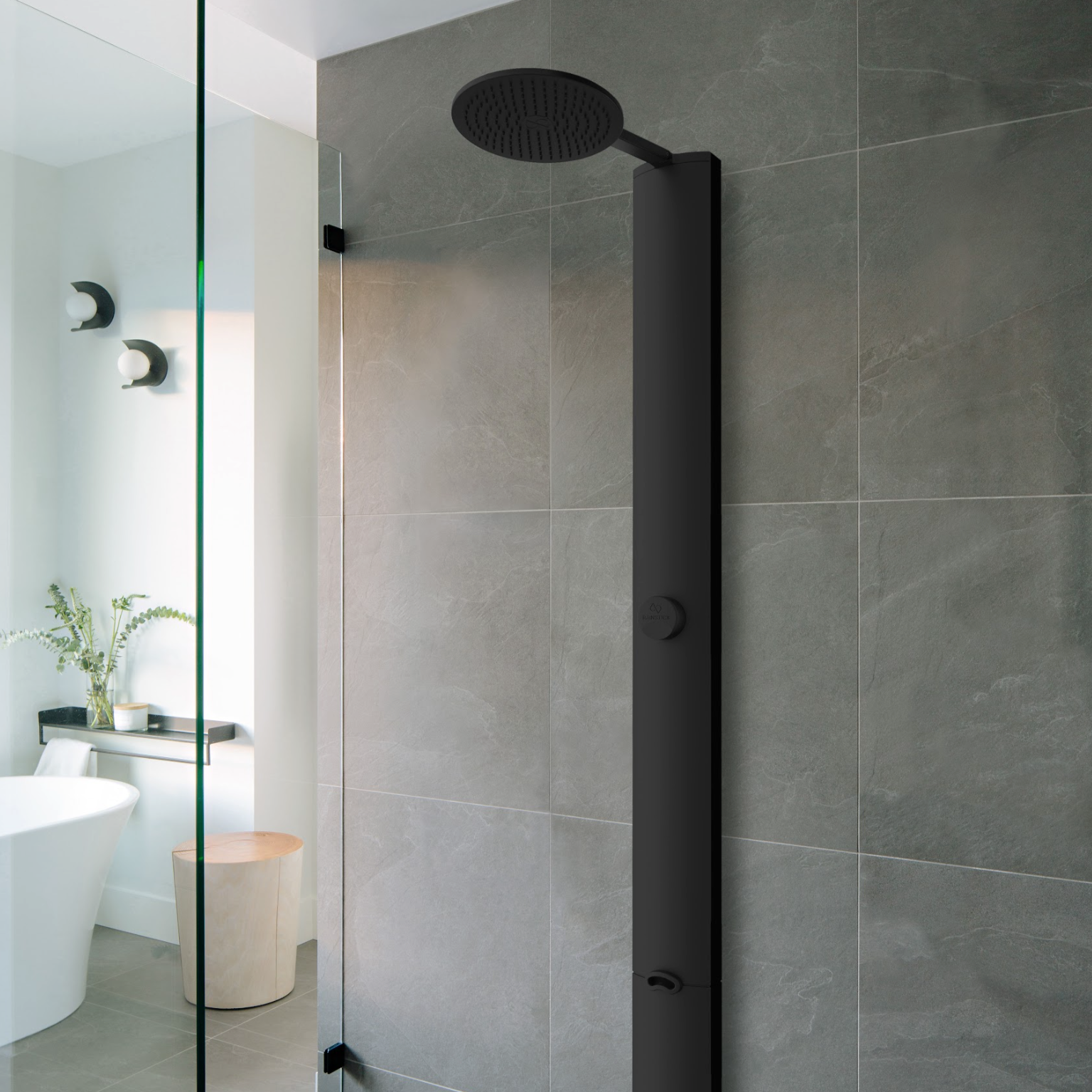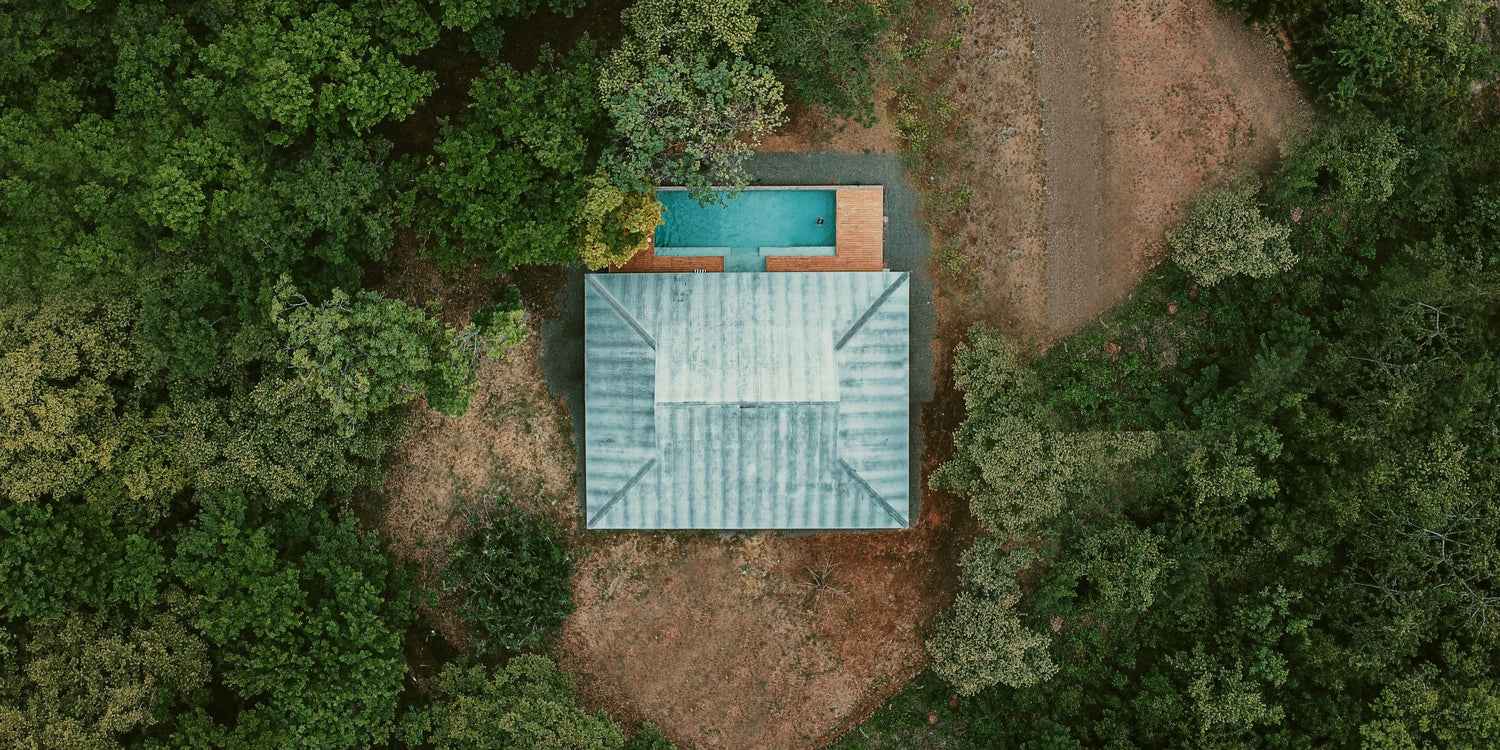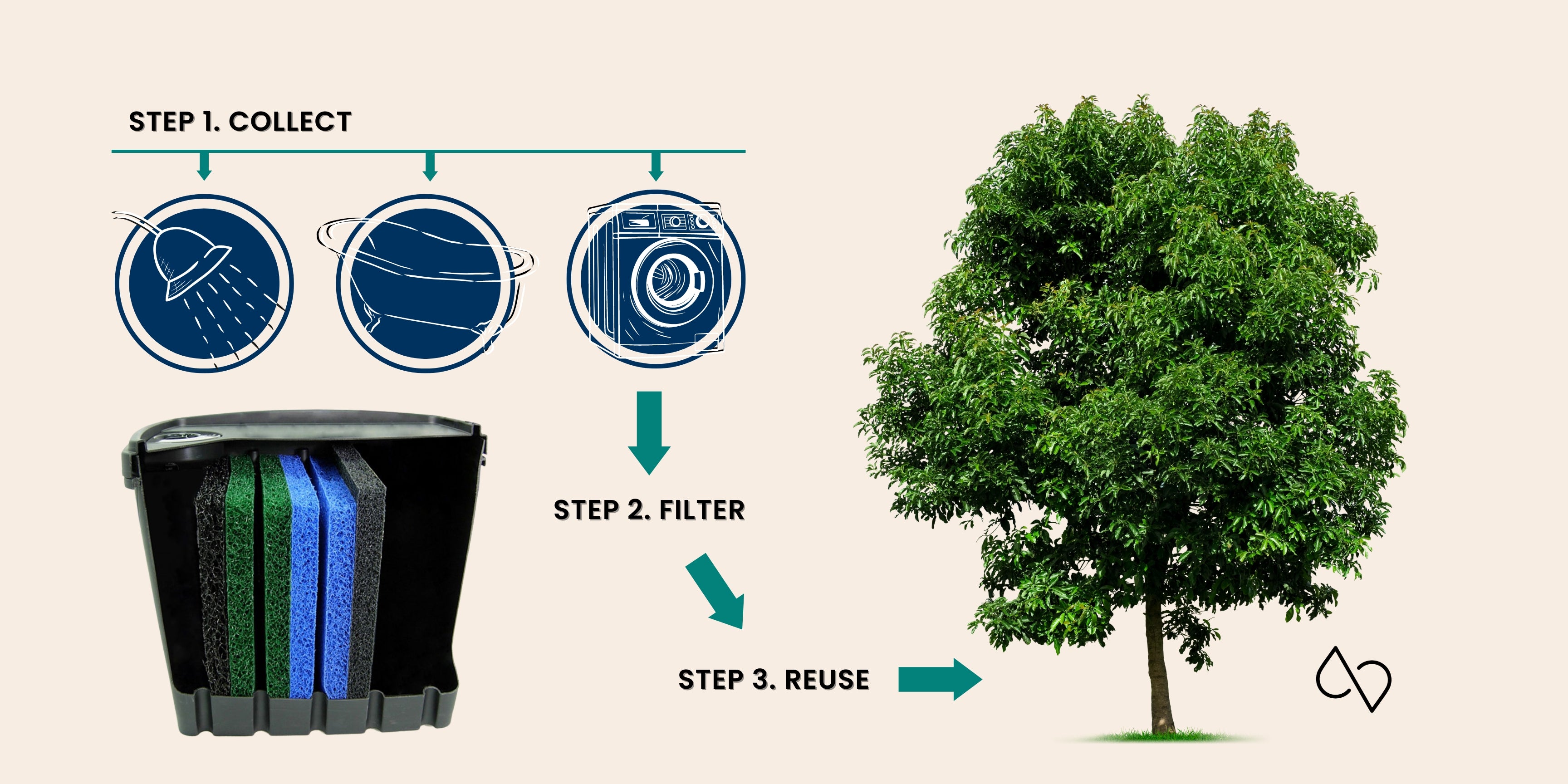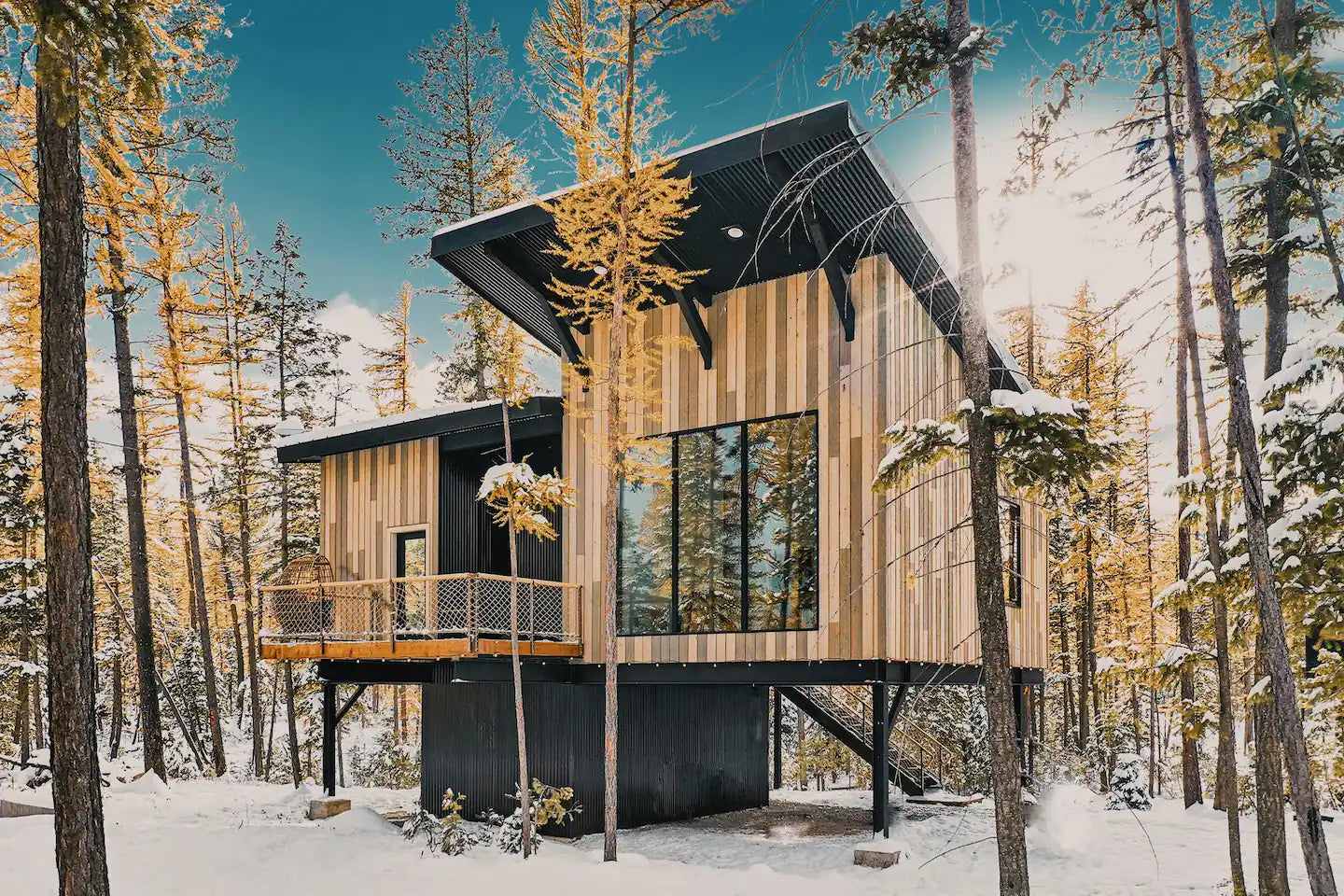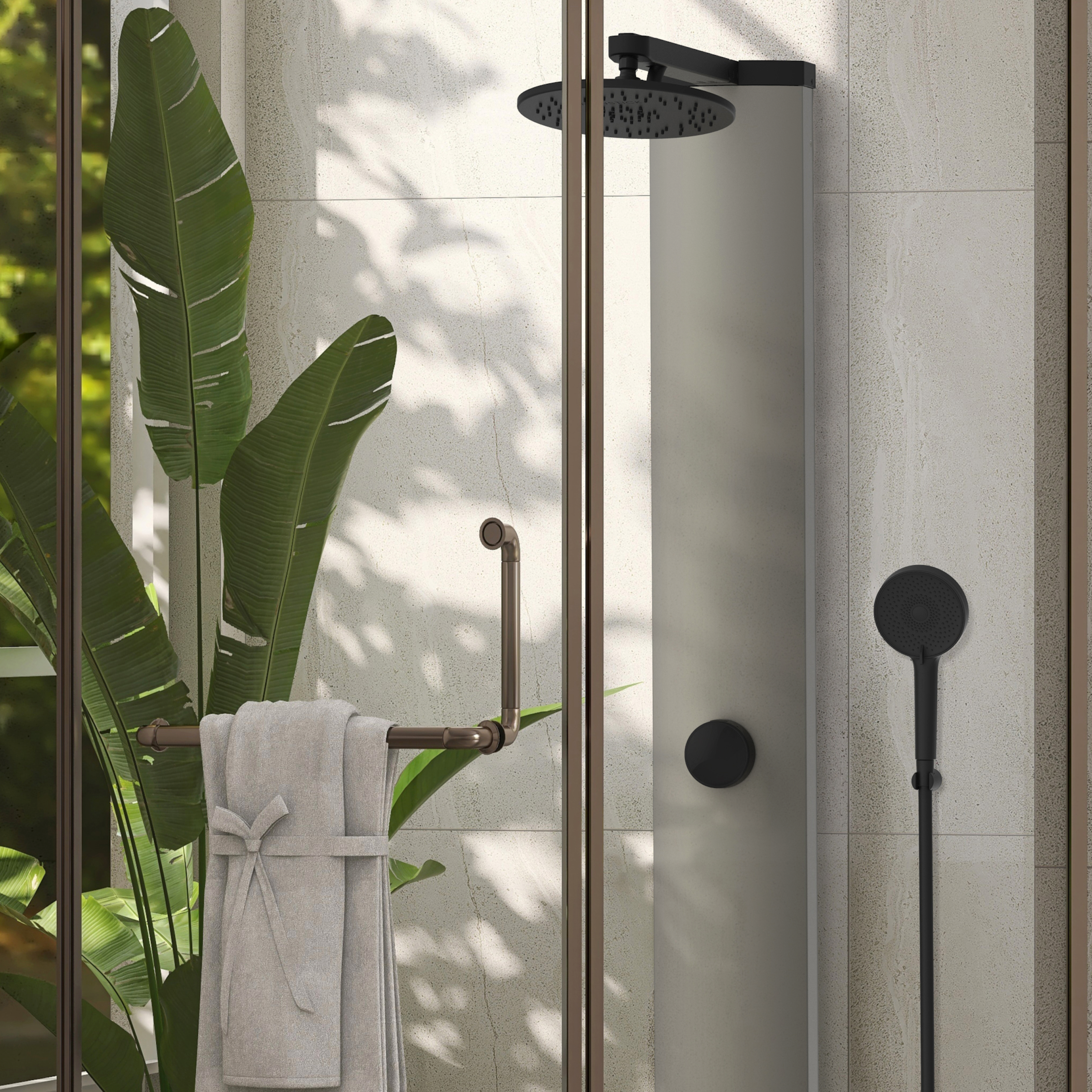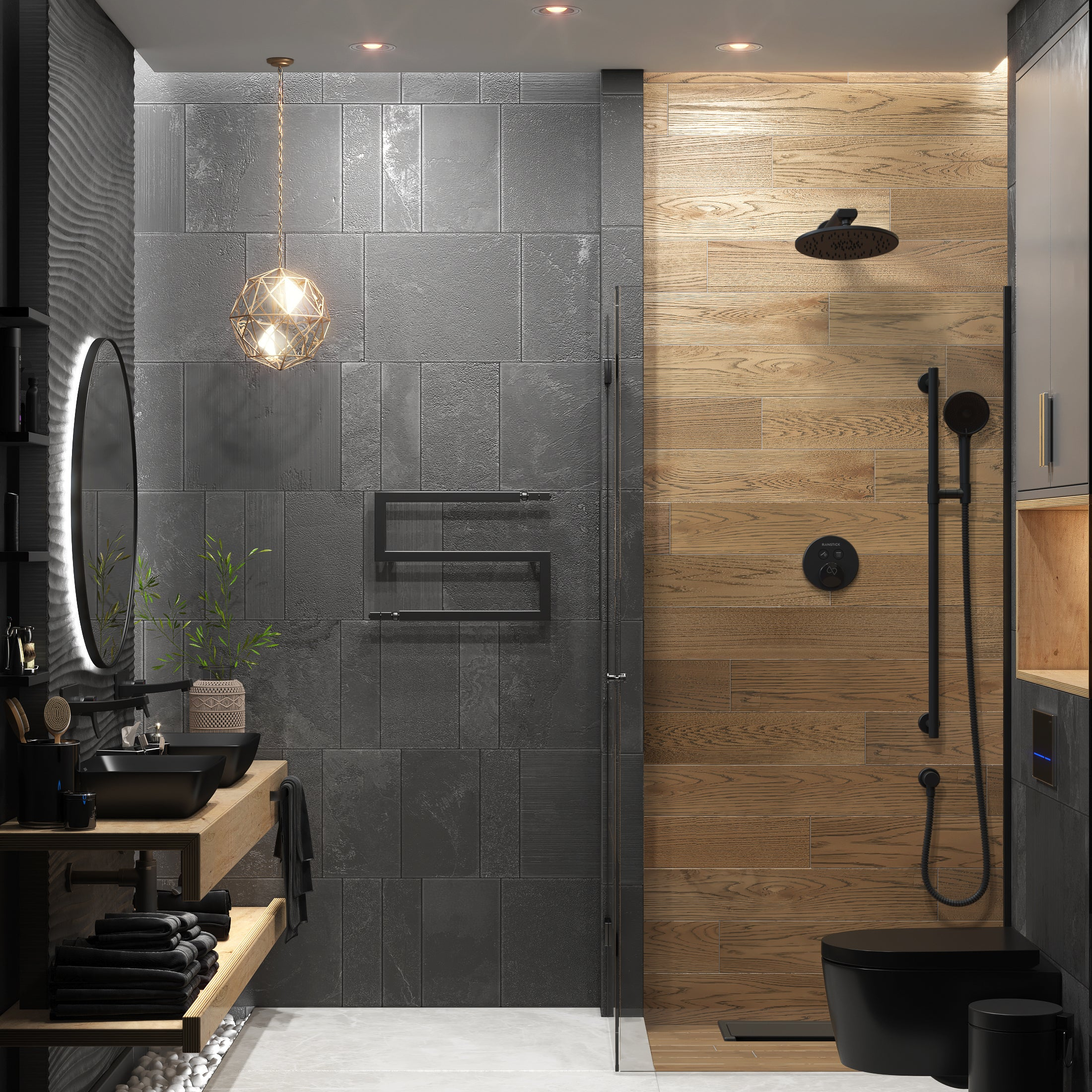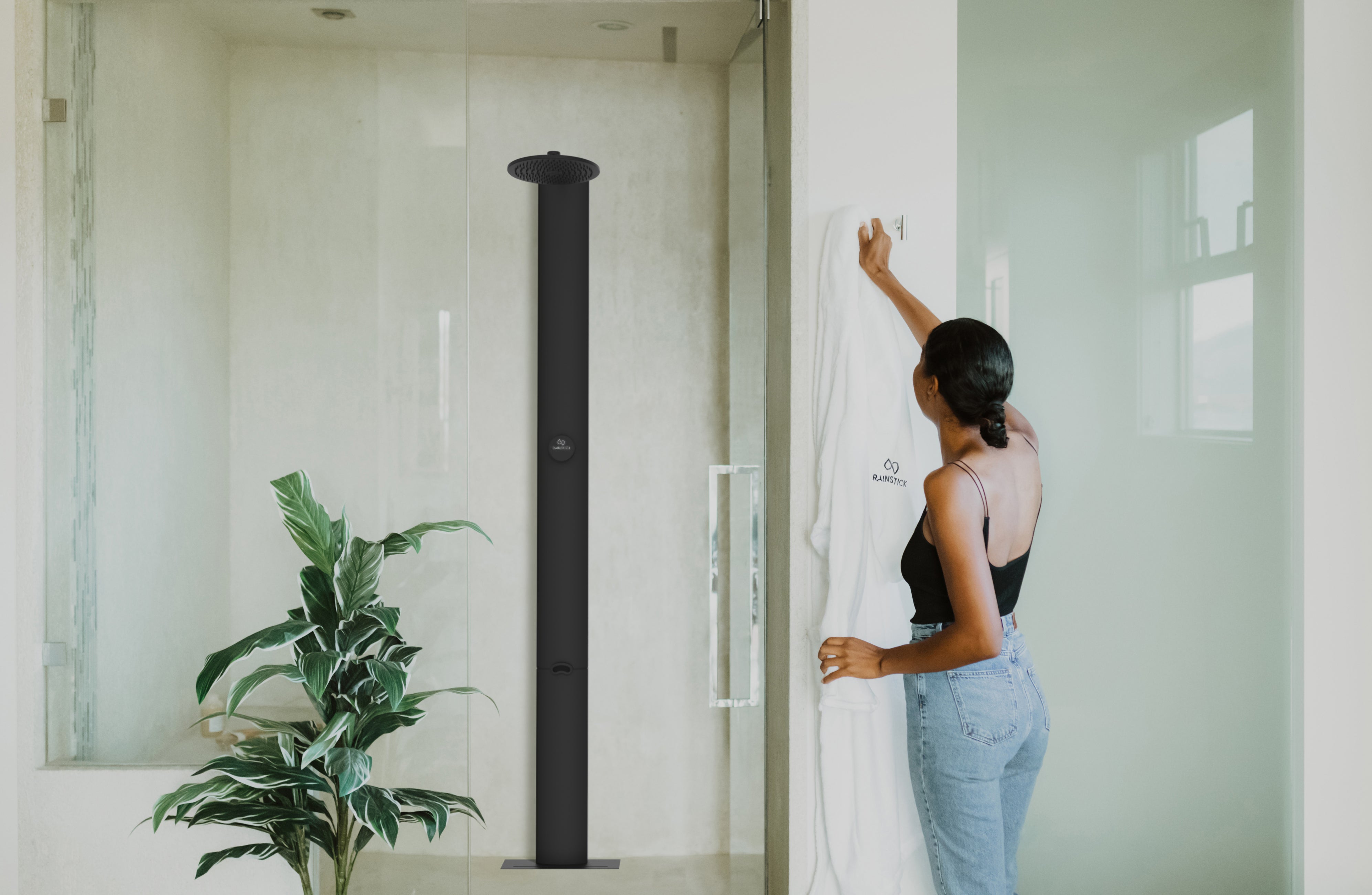Living off-grid offers a blend of self-sufficiency and communion with nature, yet it brings forth challenges, particularly in maintaining a reliable water supply. Exploring alternative water systems becomes essential for those embracing this lifestyle. In this discourse, we delve into off-grid water systems, including innovative solutions like greywater systems and recirculating shower systems, examining their functionality, advantages, and drawbacks to aid in crafting the ideal off-grid water solution for your lifestyle.
Understanding the different off-grid water options
Off-grid living necessitates disconnection from municipal water supplies, prompting the exploration of alternative methods for water sourcing, storage, and utilization. Here's an overview of traditional and contemporary systems:
Rainwater Harvesting: Rainwater harvesting entails gathering water from roofs and surfaces, an eco-friendly approach especially viable in regions with ample rainfall. This system incorporates gutters, filtration mechanisms, and storage tanks. The stored water serves purposes ranging from gardening to household use post-treatment.
Well Drilling: Groundwater wells remain a conventional off-grid water source, requiring drilling to access the water table and implementing pump systems. Wells offer dependable water access, albeit subject to local groundwater conditions and quality. Regular maintenance and testing ensure water safety and well longevity.
Water Hauling: In regions unsuitable for wells or rainwater harvesting, water hauling from nearby sources becomes an alternative. This labor-intensive method involves transporting water in bulk and necessitates meticulous planning for storage and conservation.
Natural Sources: Leveraging nearby rivers, streams, or lakes provides an off-grid water source, albeit requiring purification for consumption. Considerations include seasonal changes, adherence to environmental regulations, and potential contamination.
Greywater Systems: Greywater systems recycle water from sinks, showers, and laundry for secondary uses like irrigation and toilet flushing. They reduce water waste and lessen the strain on freshwater resources.
Recirculating Shower Systems: Recirculating shower systems reuse water during a shower by filtering and recirculating it. They minimize water usage and energy consumption, offering an efficient solution for off-grid living.
Challenges of Traditional Off Grid Water Systems
While traditional off-grid water systems are vital for self-sufficient living, they pose challenges that demand attention. Here's an exploration of their drawbacks contrasted with modern solutions' advantages:
Rainwater Harvesting
- Relies heavily on local rainfall patterns, posing challenges in regions with erratic or minimal rainfall.
- Requires sizable storage tanks, demanding significant space and investment.
- Regular upkeep is essential for cleanliness, alongside costly filtration for potability.
- Vulnerable to air pollution and roofing material contaminants, necessitating rigorous testing and treatment.
Well Drilling
- Drilling costs vary widely, impacting affordability.
- Excessive well usage can deplete groundwater, impacting ecosystems.
- Risk of pollutants necessitates regular testing and potential treatment.
- Pump malfunctions can be costly and challenging in remote locales.
Water Hauling
- Physically demanding and time-consuming.
- Vulnerable to water source availability and restrictions.
- Requires maintenance and ample space for tanks.
- Increases overall expense due to fuel consumption.
Natural Sources (Streams and Lakes):
- Subject to regulations and permit requirements.
- Potential environmental impacts and disturbance to local ecosystems.
- Susceptible to changes in water levels and quality.
- Mandatory purification treatment for safe usage.
Greywater Systems:
- Requires filtration and treatment to ensure water quality, adding to system complexity and cost.
- Compliance with local regulations regarding greywater usage and disposal may be necessary.
Recirculating Shower Systems:
- Installation can be costly, though long-term savings on water and energy consumption are significant.
- Regular maintenance of filtration and recirculation components is essential for optimal performance.
- Ensuring water quality through effective filtration and treatment is crucial for safe and hygienic reuse.
Securing water for off-grid living poses challenges, especially for daily needs like bathing and cleaning. The RainStick Recirculating Shower offers a sustainable solution by saving up to 80% water and energy while delivering 2X the flow rate. Unlike traditional systems, it eliminates the need for a greywater system by conserving water at the source. Unlike other circulating showers, RainStick has no dead-end filtration and has an automated cleaning process to ensure longevity. This underscores the importance of efficient water usage solutions in off-grid settings, ensuring both comfort and environmental consciousness.


